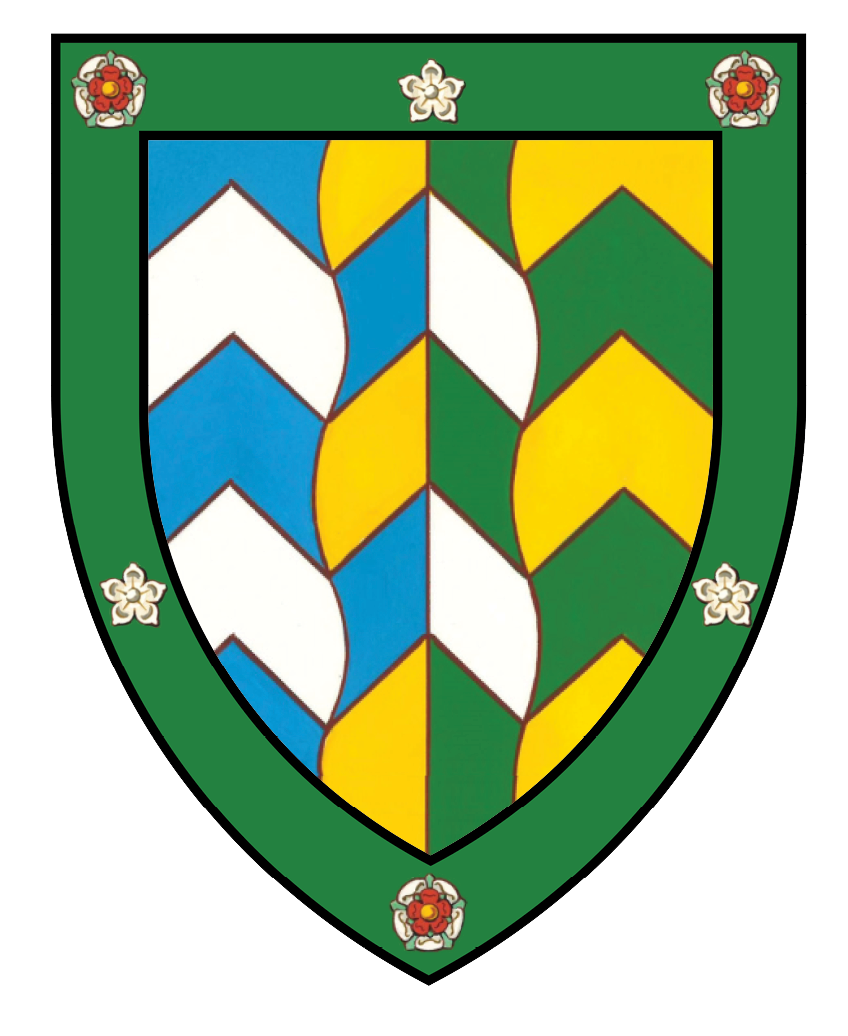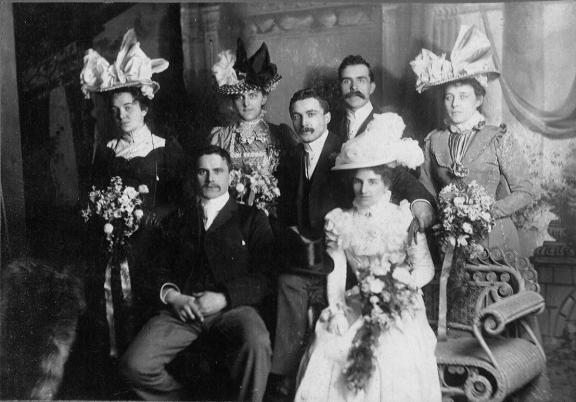Gather as much about your family as you can from home. Start with yourself and work backwards, trying to compile details of dates and places of birth, marriage and death of relatives known to you and other members of your family. You may find that old certificates of birth, marriage and death help or that older family members recollect some details. Many of the sources that you will consult are church records so it is helpful if you can find out what denomination your ancestors belonged to, and in which parish or parishes they lived.
Find out more by looking at one of the many published guides on family history research. These will save you a lot of time, familiarising you with the steps you will have to take and the variety of archives that you are available in record offices. You can borrow books from your library, or consult one of the on-line guides to family history in England and Wales such as GENUKI's guides on 'Getting Started in Genealogy and Family History' .
Be realistic! Family history can be time-consuming and it may be that you won't be able to find all the information you would like to find. Although you may be able to make a start with on-line sources available from free and fee-based websites, in Cumbria you will have to spend some time in the relevant Archive Centre in order to consult original source material. We will do our best to help you!

